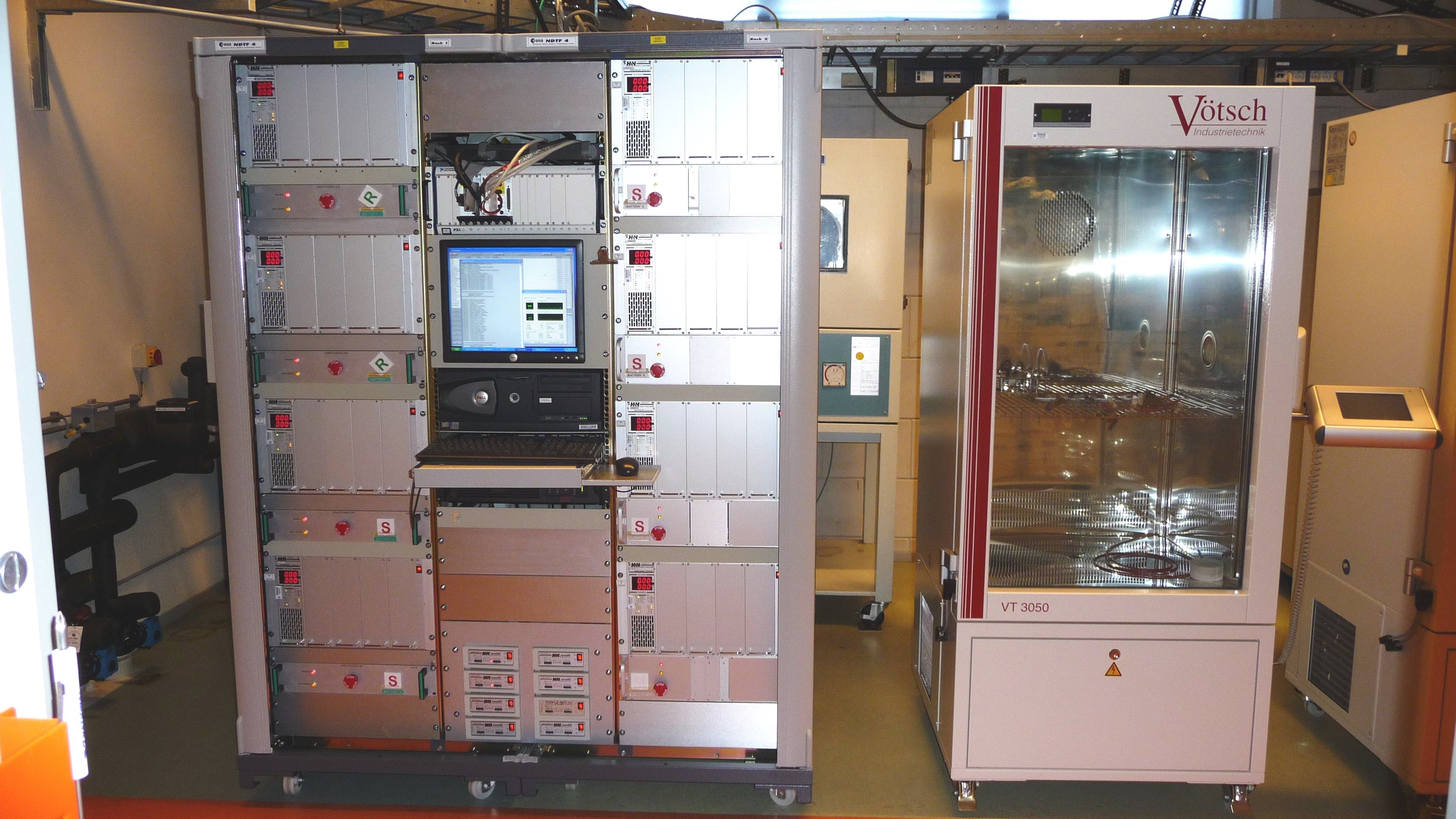
Closed
Characterising degradation of batteries for space is time consuming and costly. Long-term lifetests are essential to build up real data for full qualification of new cells. However, for evaluating potential new technologies, or validating new batches of existing cell types, a novel approach is needed which provides degradation assessments in months, not years. ABSL propose a joint activity with ESA and electrochemistry PhD student Alexander Dimitrijevic from UCL, UK to investigate a new technique, called High Precision Coulometry (HPC). This was developed in 2010 by Jeff Dahn of Dalhousie University CA, but is untried for space cell evaluation. To push the frontiers of novelty, HPC will be combined with electrochemical material characterisation (X-ray CT, XRD and XPS), building an innovating link between HPC findings and actual cell material changes, allowing understanding of fade mechanisms. HPC consists of precise measurement of cell coulombic efficiency during short-term testing (e.g. 50 cycles). This aims to reveal early cell chemical degradation reaction differences indicative of later fade behaviour. Measurement precision requirements are very demanding, but ESA BLTF has very high specification NI PXI equipment able to accomplish this. An early evaluation was started at the BLTF in 2018 with a Young Graduate Trainee, giving promising results, but was unable to progress to real cell testing in the available time. It is proposed the activity is resumed with Alexander who’s PhD on li-ion cell long-term degradation will allow him to bring all his electrochemical expertise to the project, including material characterisation. The involvement of ABSL provides different cell types, and batches with pre-existing extensive lifetest data sets. By providing samples of cells where long term lifetest data already exists, the effectiveness of HPC measurements can be meaningfully trialled, to determine if it can achieve very early results for long term cell fade.
